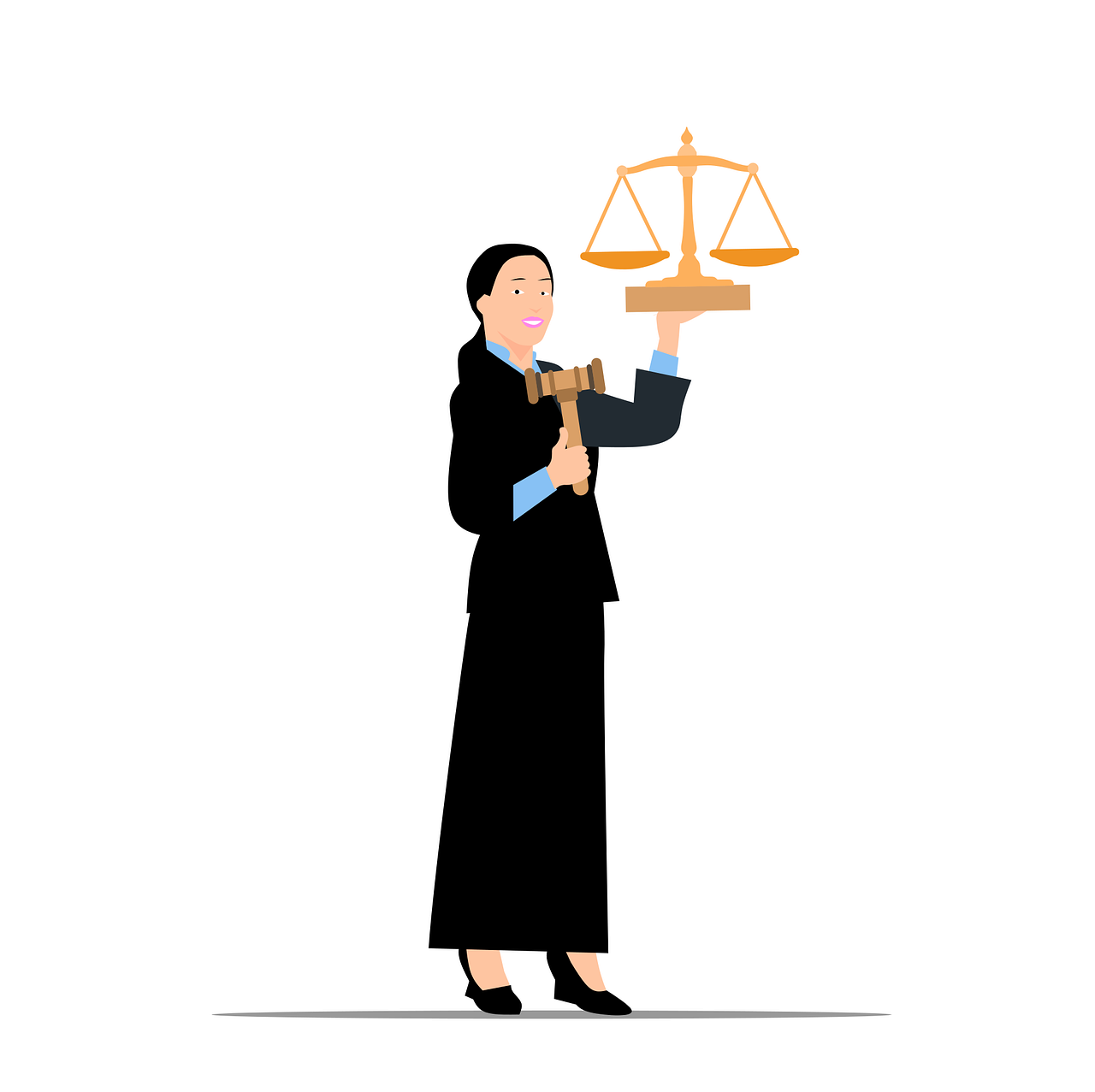Supreme Court Upholds Advocate-Client Privilege: A Barrier Against Investigative Overreach

Introduction
The Supreme Court of India, in a significant and far-reaching judgment, has reaffirmed the sanctity of the advocate-client relationship and curtailed investigative agencies’ powers to summon lawyers for questioning. In Summoning Advocates Who Give Legal Opinion or Represent Parties During Investigation of Case[1], the Court held that summoning advocates merely because they represent or advise clients during an investigation directly undermines the principle of professional privilege and violates fundamental rights under the Constitution. This ruling arose against the backdrop of growing concern over investigating agencies summoning lawyers, a practice that threatened the core of the legal profession’s independence and the client’s right to a fair defence. The judgment represents a powerful reaffirmation of the principle that lawyers must be free to act without fear of coercion or reprisal while defending their clients.
Table of Contents
Background of the Case
The proceedings began when an advocate from Ahmedabad, representing an accused in a criminal matter, received a notice from the police under Section 179 of the Bharatiya Nagarik Suraksha Sanhita (BNSS) 2023. The summons required him to appear and “reveal true details of the facts and circumstances” surrounding the case. The advocate challenged the notice before the Gujarat High Court, which dismissed his petition, reasoning that he was called only as a witness and that no fundamental right was infringed. When the matter reached the Supreme Court, the bench took suo motu cognisance, recognising the broader constitutional implications of summoning advocates during criminal investigations. The Court noted that such practices could chill professional independence and erode the privilege that ensures clients can confide in their legal representatives without fear of exposure.
Issues Before the Court
The Court framed two central questions of public importance:
- Can an investigating agency directly summon a lawyer who is only advising or representing a party during investigation?
- If the investigating agency alleges that the lawyer’s role goes beyond legal representation, should additional oversight be required before issuing such summons?
These questions touched upon the intricacies of professional ethics, due process, and the permissible limits of investigative authority under the new criminal procedural framework.
Arguments of the Bar and the State
On behalf of the Bar, senior counsel and representatives of the Supreme Court Bar Association, the Supreme Court Advocates-on-Record Association, and the Bar Council of India intervened. They argued that Section 132 of the Bhartiya Sakshya Adhiniyam (BSA) 2023, corresponding to Section 126 of the Indian Evidence Act, guarantees absolute confidentiality of communications between a lawyer and client. Coercing advocates to disclose such information, they contended, would not only breach this statutory privilege but also infringe Articles 19(1)(g) and 21 of the Constitution. They further pointed out that recent instances, including the Enforcement Directorate’s summons to senior advocates, had revealed a disturbing trend of investigative overreach.
The Attorney General and Solicitor General, representing the Union of India and the State of Gujarat, agreed on the inviolability of professional privilege but opposed the framing of new judicial guidelines. They contended that the statutory provisions themselves provided adequate protection. A lawyer, they argued, cannot claim immunity if involved in an illegal act, but within the scope of professional duties, the confidentiality of client communications must remain inviolable.
Judicial Reasoning and Analysis
The judgment is as much a reaffirmation of constitutional principle as it is a meditation on the moral foundations of the legal profession. Citing Shakespeare’s Henry VI and earlier decisions such as M.V. Dabholkar v. Bar Council of Maharashtra[2], the Court observed that lawyers are not mere agents but public officers entrusted with the defence of liberty and justice. The advocate-client privilege, it noted, is not a procedural convenience but a structural necessity for the administration of justice.
The Court held that communications between a lawyer and client, made for the purpose of legal advice, are protected by Section 132 of the BSA. This protection continues even after the professional relationship ends and extends beyond litigation to all legal consultations made in confidence. Compelling an advocate to disclose such communications would amount to compelling the client to self-incriminate, violating Article 20(3) of the Constitution. The privilege, therefore, safeguards both professional independence and constitutional guarantees. However, the Court acknowledged that the privilege is not absolute. The statutory exceptions under Section 132 communications made in furtherance of an illegal purpose or revealing crimes or frauds committed after engagement remain applicable. Beyond these narrow exceptions, any attempt by an investigating agency to compel disclosure would be unlawful.
Court’s Directions and Findings
The Supreme Court held that the summons issued to the advocate in this case was illegal and contrary to Section 132 of the BSA. The investigating officer’s attempt to “know the true facts” from the lawyer representing the accused, the Court said, reflected investigative failure rather than lawful procedure. It categorically ruled that advocates cannot be summoned merely for having appeared or advised in a case. While rejecting the proposal for new guidelines or committees, the Court introduced a limited administrative safeguard: any summons to a practising advocate must first receive written approval from a superior officer not below the rank of Superintendent of Police, with reasons recorded in writing and specific reference to the applicable exception under Section 132. Such summons would also remain open to challenge under Section 528 of the BNSS, ensuring judicial oversight.
The Court further clarified that while documents or digital devices may be produced before a court when lawfully required, such production must first be reviewed to protect privileged content. It also drew a distinction between practising advocates and in-house legal counsel, ruling that full-time employees do not fall within the ambit of “advocates” under the Advocates Act and cannot claim privilege under Section 132.
Observations on the Legal Profession
In one of the most reflective portions of the judgment is that the “Bar is not a private guild, like that of ‘barbers, butchers and candlestick- makers’ but a public institution committed to public justice and pro bono public service”. Advocates, are indispensable to upholding the rule of law and ensuring equal justice. The occasional deviance of a few members cannot justify state intrusion into the professional independence of the many who work with integrity and diligence. The Court also warned that investigative agencies must not use summons as instruments of intimidation against lawyers. The trust reposed by clients in their counsel is foundational to the adversarial system, and any attempt to breach that trust would erode both public confidence and constitutional order.
Conclusion
The Supreme Court’s decision in In Re: Summoning Advocates Who Give Legal Opinion or Represent Parties During Investigation of Cases stands as a monumental affirmation of the advocate’s role as the protector of justice and the citizen’s shield against arbitrary power. By striking down the impugned summons and clarifying the limits of investigative authority, the Court has restored balance between state power and professional independence. The judgment reiterates that while the State’s right to investigate crimes is vital, it cannot be exercised at the cost of fundamental rights or the integrity of the justice system. The advocate-client privilege, the Court reminded, is not a mere professional courtesy but a constitutional necessity ensuring the right to counsel, fair trial, and personal liberty.
In the words of Justice Chandran, “The power to summon is not the power to destroy privilege.” With this declaration, the Supreme Court has not only fortified the independence of the legal profession but also reaffirmed the enduring principle that in a democracy governed by law, even the pursuit of truth must bow to the rule of justice.
For more details, write to us at: contact@indialaw.in
[1] Suo Motu Writ Petition (Criminal) No. 2 of 2025, with Writ Petition (Civil) No. 632 of 2025 and Special Leave Petition (Criminal) No. 9334 of 2025
[2] (1975) 2 SCC 702
By entering the email address you agree to our Privacy Policy.



